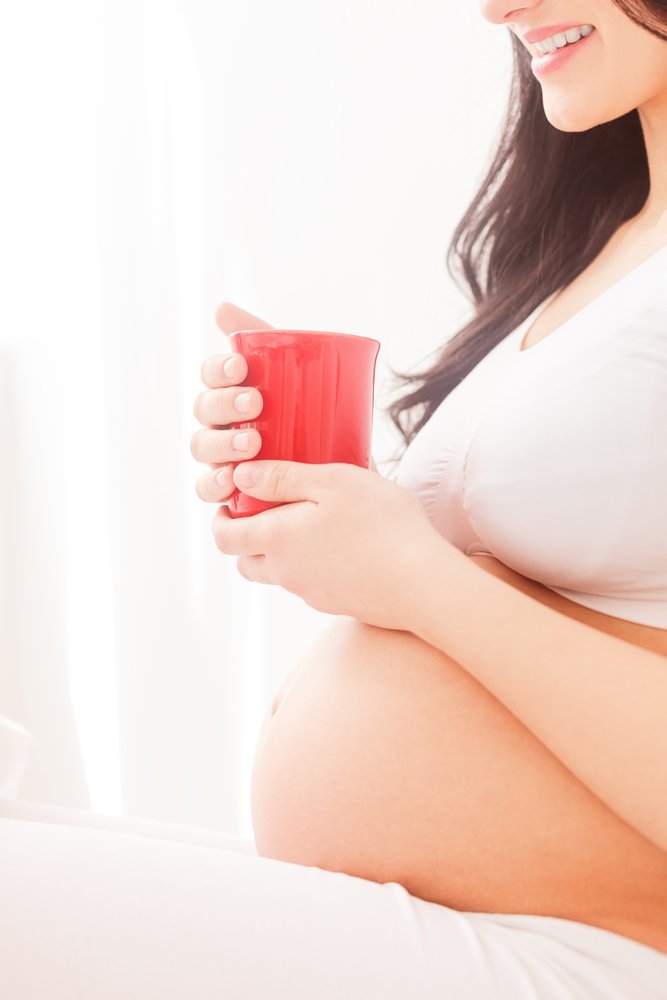We have news about caffeine during pregnancy! According to the American College of Obstetricians and Gynecologists, pregnant women should control their caffeine intake and limit it to less than 200 mg per day, and if possible, avoid it altogether. Caffeine can cross the placenta and affect your baby, and here’s an important fact: it takes your baby much longer to process caffeine than it takes you.
Research has found that consuming more than 400 mg of caffeine daily is associated with a higher risk of childbirth complications, such as premature birth and low birth weight. Moreover, as pregnancy progresses, our bodies take longer to break down caffeine. That’s because the system responsible for breaking down caffeine in the body can function slower as the pregnancy advances.
Here’s a list of foods and beverages that contain caffeine (also known as theine) for you to regulate their consumption: tea, coffee, soda, energy drinks, chocolate, and desserts. It’s best to reduce their consumption, so your baby can have a healthy development.
We know that giving up coffee can be difficult, especially if you used to have large doses before getting pregnant. But don’t worry, you can still enjoy your coffee or tea as long as you make sure not to exceed the recommended 200 mg of caffeine. Start by reducing it to two cups a day, and gradually you can try decaffeinated coffee. It still contains a little caffeine, but in smaller amounts. This way, you’ll gradually get your body accustomed to it and modify that habit without any problems. Let’s go for that gradual change! And the good news is, by reducing your caffeine intake, you can also reduce insomnia, headaches, and heartburn. It’s a two-for-one deal!
Remember, we’re here to support you in this incredible journey. If you have any doubts or concerns, it’s always good to consult your doctor or healthcare professional.








